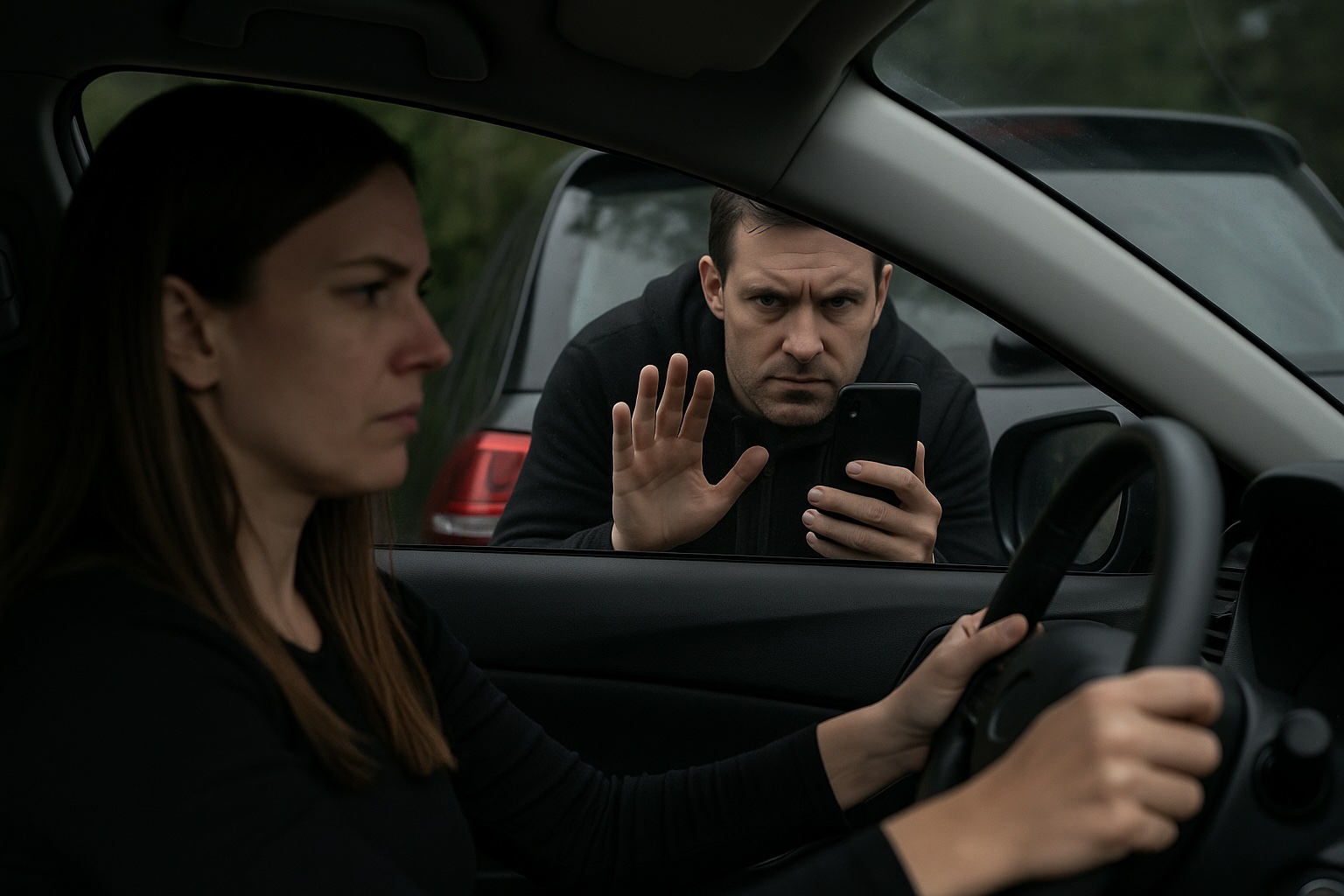Beyond the Smartphone: How Domestic Abusers Are Exploiting Car Technology to Stalk Victims
The silent threat of technology in domestic abuse is evolving. New research reveals how abusers are taking advantage of modern vehicle systems, from GPS tracking to remote monitoring, turning what was once a private space—your car—into a tool for control and surveillance.

In the escalating battle against domestic abuse, a new and unsettling front has emerged: the family car. While the use of smartphones and smart home devices for stalking is well-documented, a recent study from Psychology Today brings to light a more insidious form of technological exploitation. Domestic abusers are now leveraging sophisticated in-car technology, such as vehicle telematics, GPS, and remote data collection, to monitor and control their victims with unprecedented precision.
Modern vehicles, often lauded for their connectivity and safety features, come equipped with a host of technologies that can be weaponized. These systems collect vast amounts of data, including location history, trip duration, speed, and even information about who is in the car and where they are going. For a person with malicious intent, this data is a goldmine. An abuser can discreetly access this information through a shared vehicle account or by exploiting security vulnerabilities, turning a car into a personal tracking device.
The implications are terrifying. A victim who believes they have successfully escaped a dangerous situation may be unaware that their every movement is being meticulously tracked. The car, a symbol of freedom and independence for many, becomes a high-tech cage. This form of surveillance can lead to an abuser showing up at a victim’s new workplace, a friend’s house, or a child’s school, creating a constant state of fear and anxiety.
Experts are urging automakers to address this issue head-on. They are calling for stronger security protocols and better transparency about data collection and sharing. Victims and advocates are also pushing for the right to control and erase their vehicle's data, similar to the way they can manage their personal information on other digital platforms. The disturbing trend highlights the need for a comprehensive approach to victim safety in the digital age, reminding us that as technology evolves, so too do the methods of those who seek to harm and control.
Source: Psychology Today
